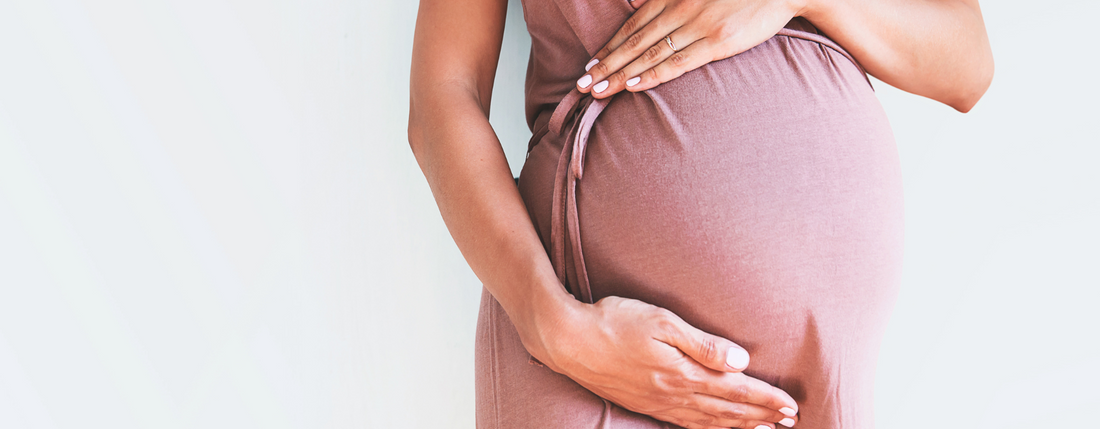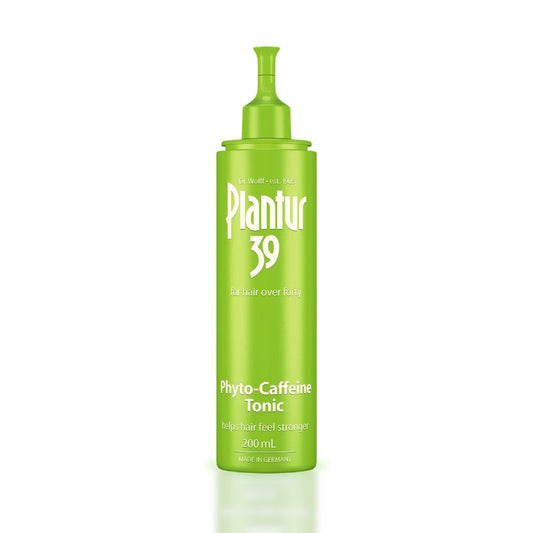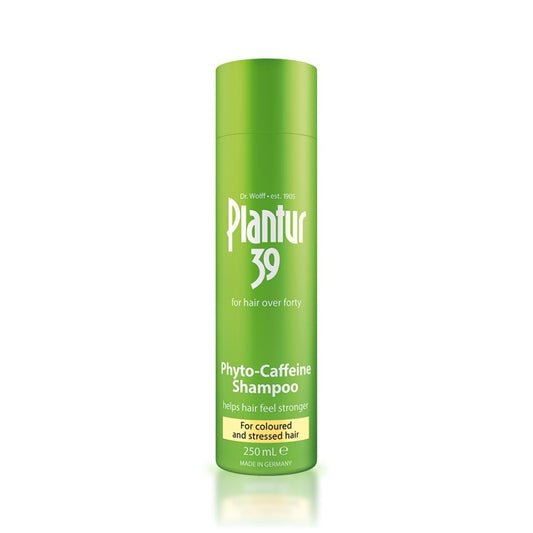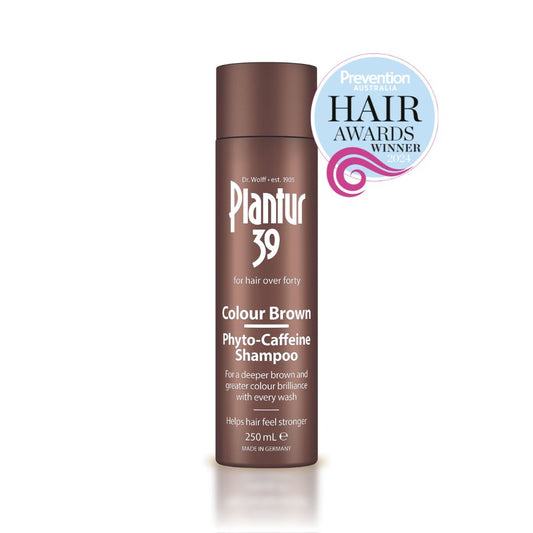What is postpartum hair loss and how can I manage it?

Pregnancy is a transformative time for a woman's body, often accompanied by positive changes in hair, nails, and skin. However, once the baby is born, some women may experience post-pregnancy hair loss, a common occurrence caused by hormonal changes. In this article, we will delve into the factors contributing to post-pregnancy hair loss and explore potential solutions to help navigate this temporary phase.
Understanding the Hair Growth Cycle:
To comprehend post-pregnancy hair loss, it is crucial to understand the hair growth cycle. Hair follicles go through a continuous cycle of growth, rest, and shedding. During pregnancy, increased estrogen levels extend the growth phase, resulting in fuller, longer, and more lustrous hair. This phenomenon is often referred to as the "pregnancy glow."
Causes of Post-Pregnancy Hair Loss:
-
Hormonal Shifts: After giving birth, hormone levels, including estrogen, gradually return to their pre-pregnancy state. As estrogen declines, hair follicles enter the resting phase (telogen) and eventually shed, leading to post-pregnancy hair loss. This shedding can be more noticeable due to the accumulation of hair during pregnancy.
-
Telogen Effluvium: Postpartum hair loss is commonly categorised as telogen effluvium, a temporary condition where a larger number of hairs enter the resting phase simultaneously. This can result in diffuse hair loss across the scalp, making it seem more pronounced.
-
Nutritional Factors: Pregnancy places high demands on the body's nutrient reserves. Once the baby is born, nutritional resources may be diverted from hair and redirected towards supporting the baby's growth. Inadequate nutrition can contribute to hair loss post-pregnancy.
Solutions to Manage Post-Pregnancy Hair Loss:
-
Balanced Diet: Prioritise a nutrient-rich diet to support hair health. Include foods rich in vitamins, minerals, and proteins, such as fruits, vegetables, lean meats, whole grains, and legumes. Consider consulting a healthcare professional for personalised dietary recommendations.
-
Gentle Hair Care: Avoid hairstyles that put excessive tension on the hair and scalp, as they can exacerbate hair loss. Use nourishing shampoos and conditioners designed to promote hair health and avoid aggressive brushing or combing when hair is wet. We recommend the Plantur 21 range.
-
Stress Management: Stress can contribute to hair loss, so it is essential to practice stress-reducing techniques such as meditation, yoga, deep breathing exercises, or engaging in activities that bring joy and relaxation.
-
Consult a Professional: If hair loss persists or causes significant distress, consult a dermatologist or healthcare provider with expertise in hair and scalp conditions. They can provide further guidance and recommend appropriate treatments or supplements if necessary.
Post-pregnancy hair loss can be a distressing experience for new mothers, but it is important to understand that it is a temporary phase. Hormonal changes and the return to the normal hair growth cycle are the primary causes. Women can confidently navigate this phase by practicing patience, maintaining a balanced diet, adopting gentle hair care practices, managing stress levels, and seeking professional advice if needed. Remember, the journey of motherhood is filled with beautiful moments, and hair loss is just a small part of the incredible journey you've embarked upon.










